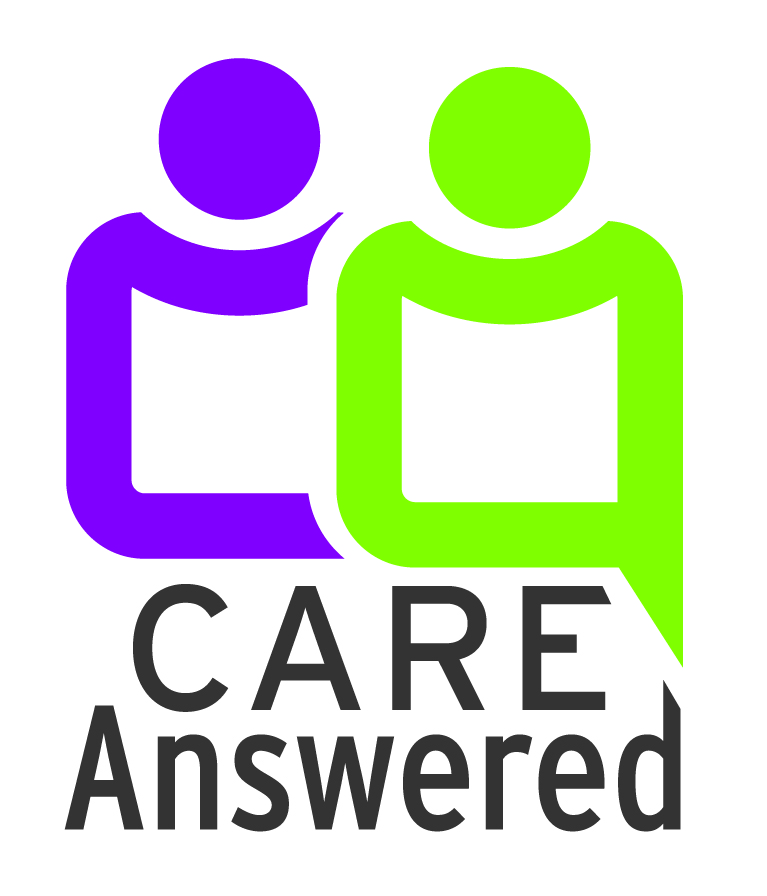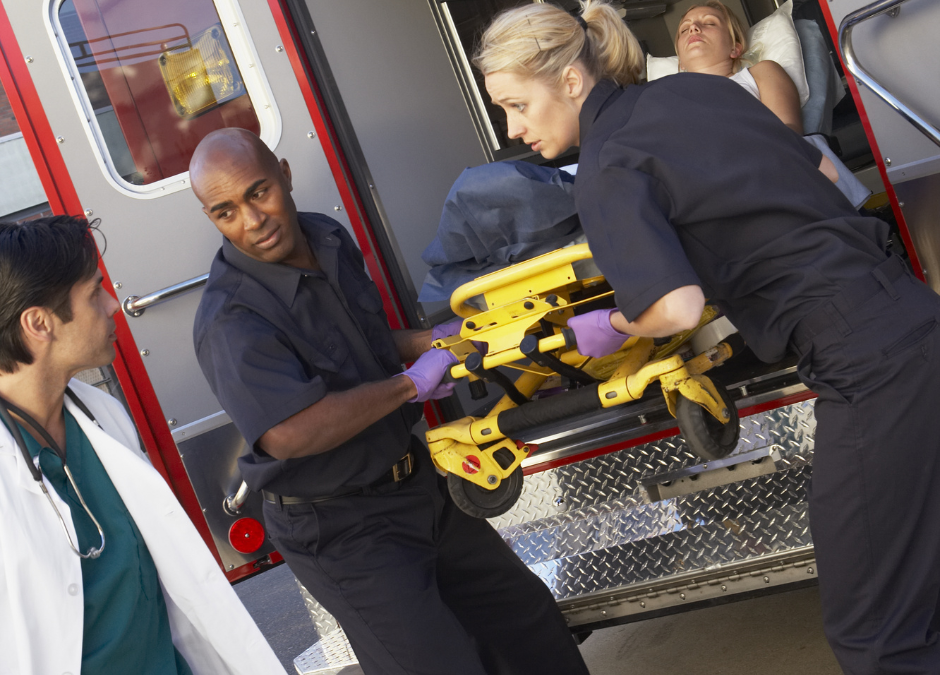I recently returned from an informative healthcare advocacy conference. Attending a conference where I learn and connect with others always leaves me feeling rejuvenated, inspired, and eager to share the information I learned. And this conference did not disappoint!
In the midst of the COVID-19 epidemic, I hosted a webinar on emergency planning and preparedness. While I sincerely hope that the world will never find itself in that situation again, the tips that were shared are still valuable to anyone, especially those with a medical condition that may result in the need for an ambulance or a visit to the hospital, with their caregiver. Regardless of where you live – in a house, apartment, assisted living, retirement community, or anywhere else – if you or your loved one might someday need an ambulance, this information is for you.
Here are five tips for efficient emergency planning. Contact Care Answered for more help with pre-planning for an emergency so that you can take the worry out of it.
- Ensuring Emergency Accessibility: Can an ambulance or fire department find your home? Make sure your house number, apartment number, or doorbell number is clearly marked. The moments it takes to try to find your home can impact whether you get the help you need as quickly as you may need it.
- Clear Pathways for EMTs: Can EMTs find you in your home? If clutter is in the way, Emergency Services Technicians may waste precious time trying to find you. This could be a matter of life or death.
- Safe Exit Options: Is the ambulance team able to transport you out of your home safely? If you are in a wheelchair, is there a ramp that can be used to exit the home? If it requires more than one person to lift you safely, let them know, if you can, so that they have the appropriate personnel to get you the care you need.
- Hospital Preferences: What hospital do you want to be transported to in an emergency? Try to pick two. If you want to go to a specific hospital because your doctors are affiliated with that hospital, or it is your personal preference for whatever reason, make sure you speak up and ask to go to that hospital. There may be reasons that you can’t go there so have a second choice ready just in case.
- Essential Information Ready: Have a “face sheet” visible and by the door all the time that will be obvious to the first responders. This face sheet should include your:
- Name
- Date of birth
- Diagnosis
- Insurance information
- Medication list
- List of allergies
- Healthcare Proxy
- Contact information for healthcare proxy and any other loved ones that should know
- Name and contact information for current doctors
Of course, we always hope that we will never need emergency transport out of our home for a medical reason. However, using these tips can help you and your loved ones or caregivers be more prepared in the event that an ambulance needs to be called, saving time which can make all the difference when minutes count. Contact Care Answered for more pre-planning help by calling 516-584-2007 or emailing [email protected].

